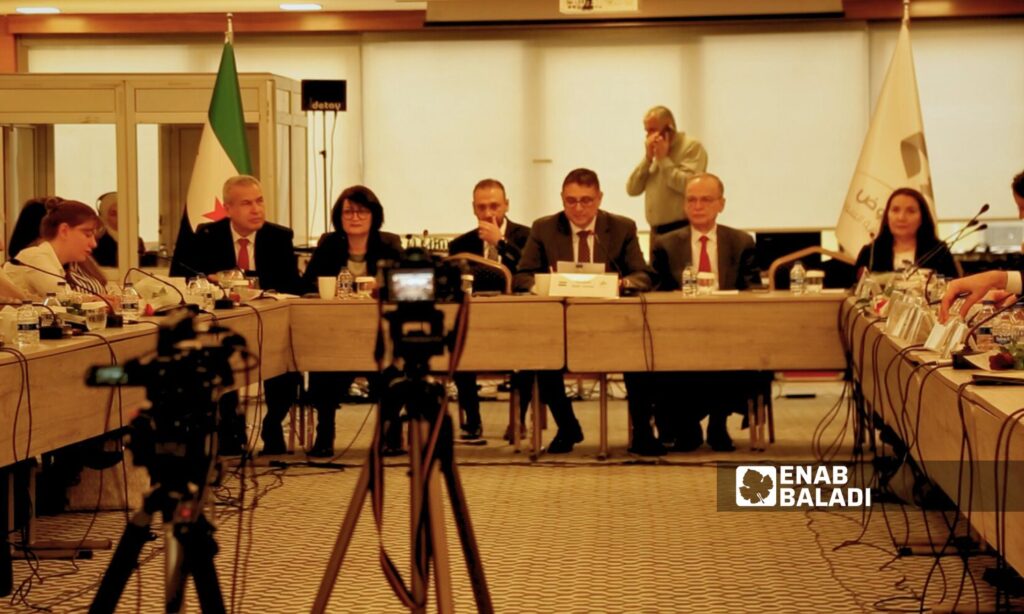The Syrian Negotiation Commission and the National Coalition of Syrian Revolution and Opposition Forces (Syrian National Coalition) have witnessed several resignations following the fall of the Syrian regime.
The resigning members announced their departure from both entities in the past two days (December 18 and 19), citing the lack of necessity for them after the fall of Bashar al-Assad’s regime on December 8, as they mentioned via their accounts on social media. Most of them are defected officers from the deposed regime’s army.
The resigning members, as of the time of preparing the report, include Major General Ibrahim al-Jabawi, Brigadier General Abdullah Qasim al-Hariri, Brigadier General Awad Ahmed al-Ali, and Brigadier General Abdul Jabbar Akidi from the Negotiation Commission, and Dr. Muhammad al-Dughaim from the National Coalition.
The Syrian National Coalition was established on November 11, 2012, after an agreement was reached to unify the ranks of the Syrian opposition under a new entity known as the “National Coalition of Syrian Revolution and Opposition Forces,” following consultations among various factions of the Syrian opposition and Arab and Western diplomats in Doha.
The Negotiation Commission is a comprehensive political body representing a broad spectrum of the Syrian revolution and opposition forces, with the mission of negotiating with the Syrian regime within frameworks sponsored by the United Nations, according to its official website.
The commission consists of 37 members representing seven main components and is divided into 8 seats for the National Coalition, 5 seats for the National Coordination Committee for Democratic Change, 8 seats for the Moscow and Cairo platforms divided evenly (4 seats for each platform), and one seat for the Kurdish National Council in the commission.
Additionally, there are 7 seats for military factions divided across various fronts, such as the Southern Front and the Northern Front, as well as representatives from armed factions all belonging to the Free Syrian Army.
The commission also includes 8 seats allocated for independent Syrian figures, both women and men.
The Assad regime fell on December 8, after fighters from the Military Operations Administration reached Damascus and Bashar al-Assad fled. The General Command in Syria appointed Mohammed al-Bashir as the head of a caretaker government on December 10, after previously serving as the head of the Syrian Salvation Government (SSG) operating in Idlib.
Before the fall of Bashar al-Assad’s regime, two de facto governments managed the region in northwestern Syria, namely the Syrian Interim Government (SIG) associated with the National Coalition operating in the Aleppo countryside, and the Syrian Salvation Government (SSG) working in Idlib.
On Wednesday, December 18, the National Coalition announced that it would return to Syria and establish a headquarters there.
The President of the Syrian National Coalition, Hadi al-Bahra, stated that the caretaker government in Syria must be credible and should not exclude any Syrian party or be based on sectarian grounds.
Al-Bahra indicated at that time that Coalition representatives had not met with the commander of the Military Operations Administration, Ahmed al-Sharaa (Abu Mohammad al-Jolani), but they had contacted the caretaker government and parties close to him.











